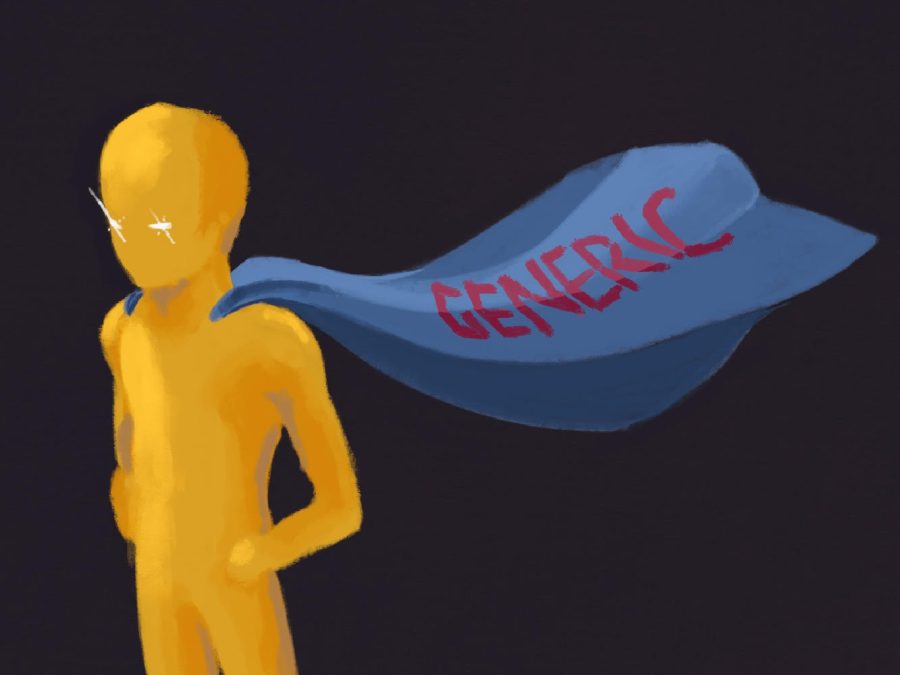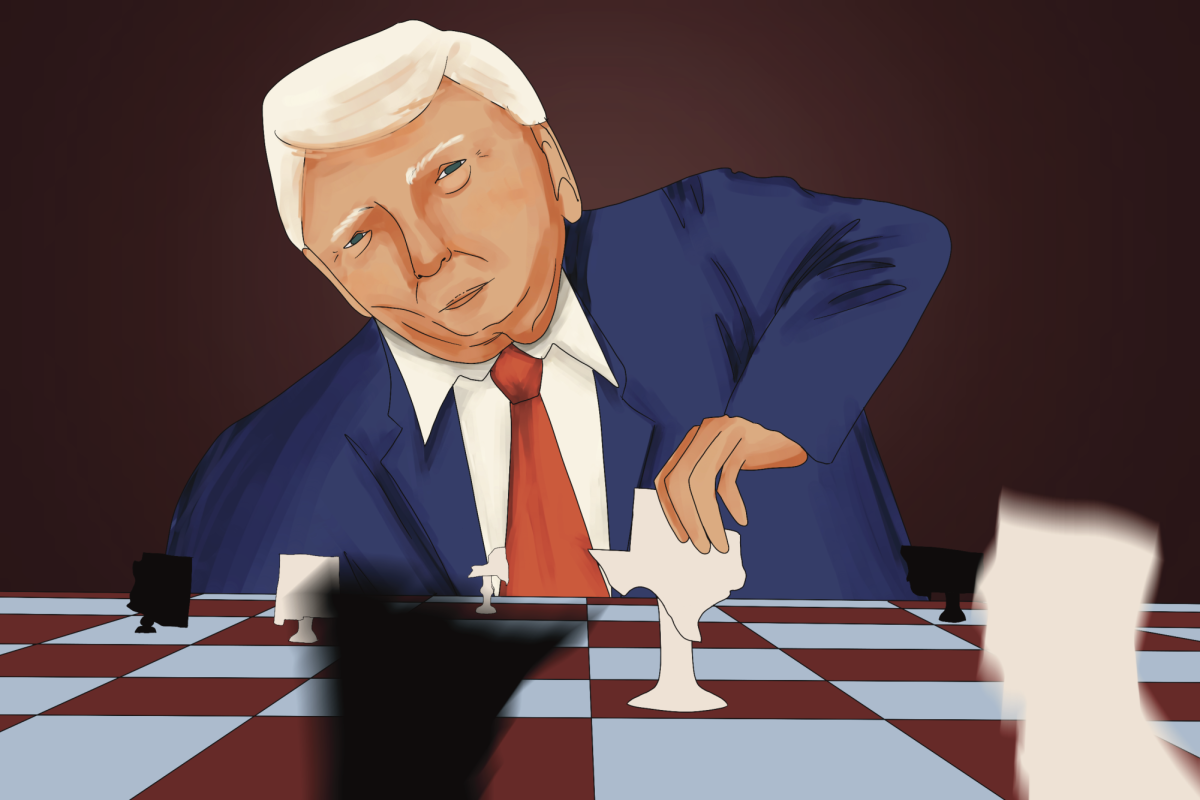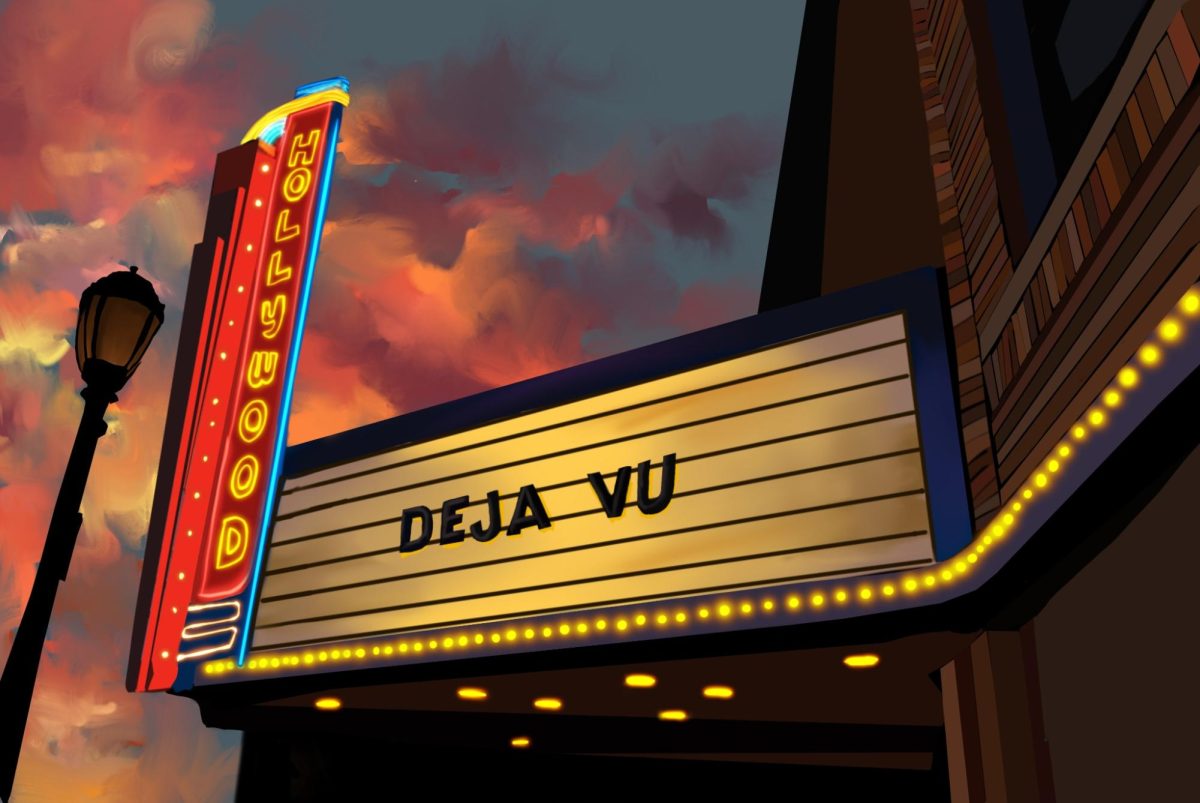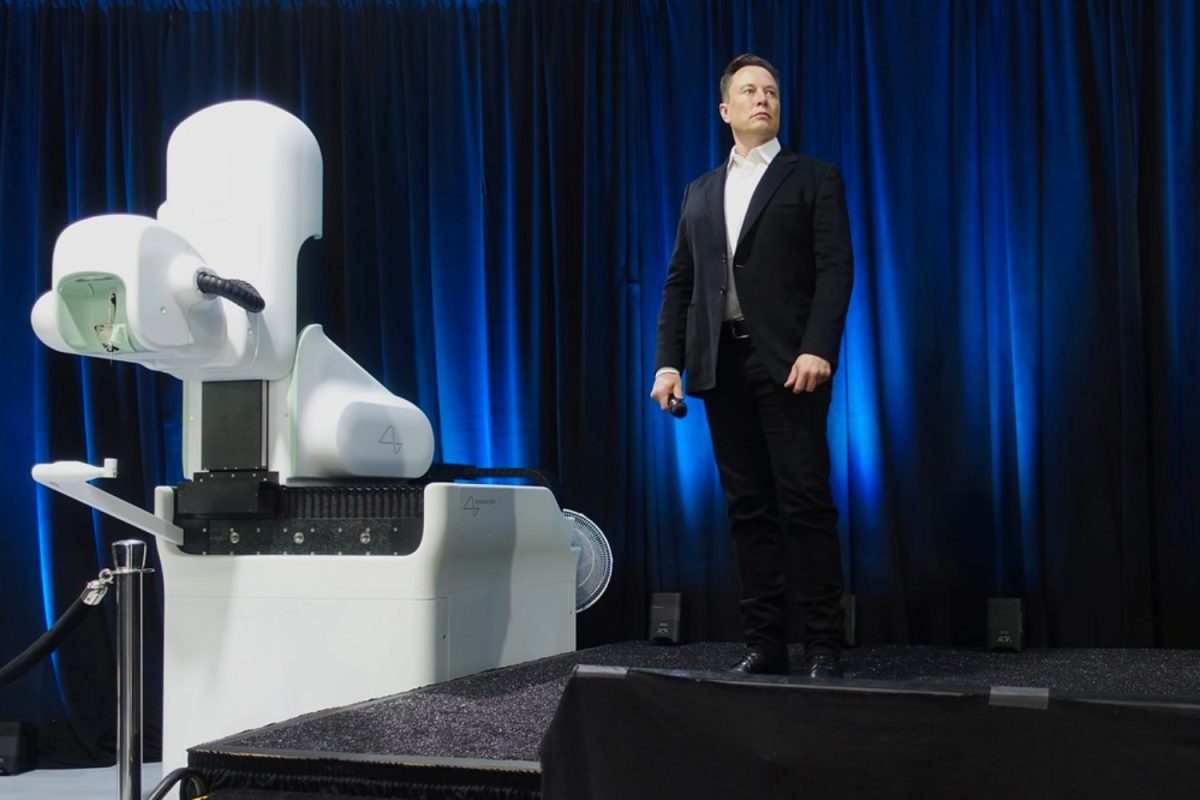The superhero film genre gained significant traction in the 21st century. It was a time when Phase One of the Marvel Cinematic Universe’s superhero films was in full swing, following breakthrough franchises like the Sam Raimi Spider-Man trilogy.
Interestingly, most of the characters in this kind of entertainment were much older than their fans. Their creations were primarily influenced by social and political factors from the 1940s to the 1970s.
Take Steve Rogers, better known as Captain America, for example. His character debuted in 1940 as a bold manifestation of American nationalism before World War II in response to the actions of Nazi Germany. Captain America stole the hearts of citizens inspired by his patriotism, dedication, and noble spirit.
In 2011, seventy-one years after his inception, Rogers received his big-screen debut in Captain America: The First Avenger, portrayed by actor Chris Evans. The film intertwined with other Marvel pictures in a larger overarching storyline, sharpening its appeal and garnering significant attention.
Today, the superhero film genre remains highly popular, having progressed from a more niche audience of mostly comic fans to a multi-billion-dollar industry. These characters were instantly recognizable to virtually any member of the general populace.
The genre’s growth has persisted to a point where one could even call it oversaturated; superheroes on television are more common than ever.
For some reason, though, the archetype has yet to be exhausted. The films are predictable, usually involving a protagonist successfully protecting their country, sabotaging a corrupt organization, or defending against an interstellar threat in a traditional hero’s journey.
As more characters receive their on-screen adaptions, the uniqueness and value of the superhero become correspondingly faint. While many hero shows and movies continue to bring in huge audiences, several outliers hint towards the decline in the quality of these forms of entertainment.
Movies such as DC’s Justice League (2017) and Sony’s Morbius (2022) are prime examples of these outliers. Despite both movies adhering to the (super)hero’s journey formula, they were considered box office flops, especially the latter, satirized into oblivion earlier this year in a flood of internet memes.
Critics called Morbius “vacant,” “bland,” and “lacking purpose” and named Justice League a “failure.” Their reception is somewhat disproportionate, considering both films’ similarities with more popular ones of the same genre.
What keeps fans returning for more is no longer the inspirational nature of a superhero. What now captures audiences’ attention is comedy.
In addition, people find entertainment value in films such as Shang Chi, Black Panther, and shows like She-Hulk, as opportunities to rejoice in the occasional minority representation present themselves.
While there is nothing wrong with appreciating a specific aspect of entertainment, whether you like analyzing the motives of an antagonist or enjoying the spectacle of a CGI duel, it’s essential to recognize that in modern film, superheroes, which are characterized by their uniqueness and value, can no longer qualify as the original, 20th-century definition of the term.
A particular spectacle of superheroes once existed. It’s impossible to generalize them successfully, but they were rare individuals who stood out from others in defense of an ideal reality. However, as time has progressed, it has become more apparent how stale the superhero genre has become.
As their popularity remains and negative reviews circulate, it is unwise to enter theaters with high expectations for the next hero. If the film industry took a step back from using superheroes as money grabs, the genre could assume the storytelling, originality, and uniqueness of the superhero character that it lost.













